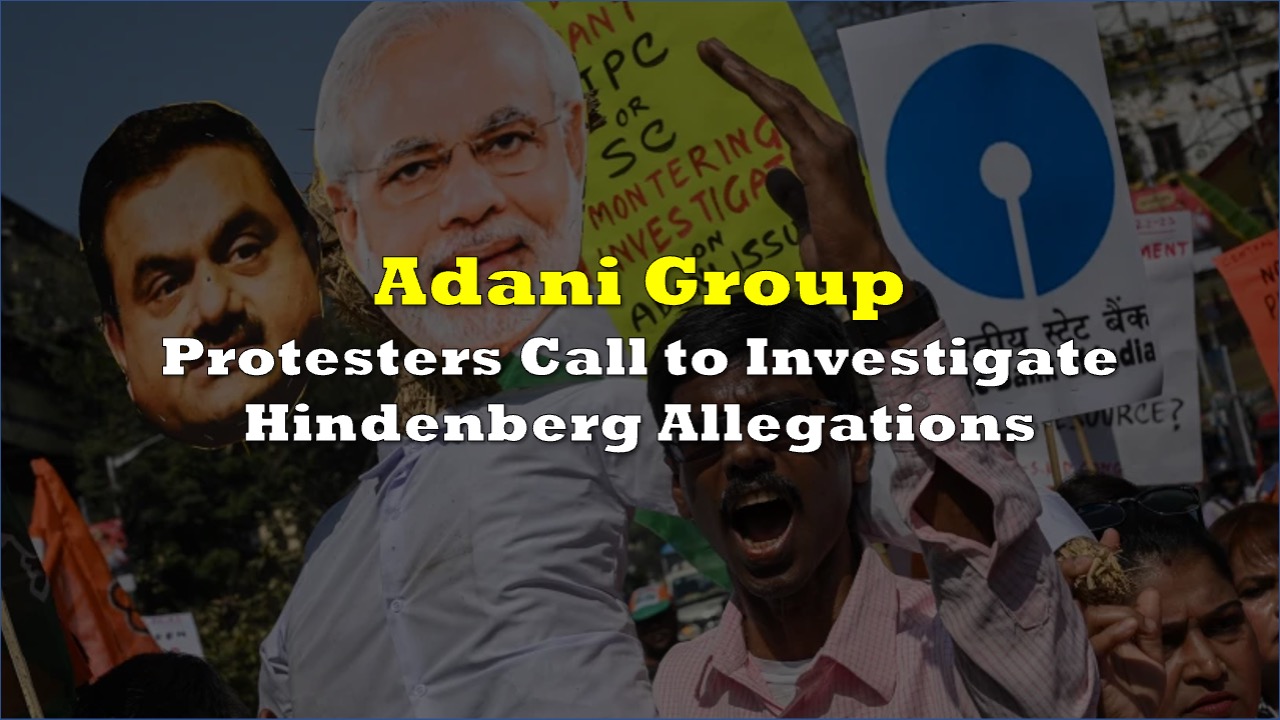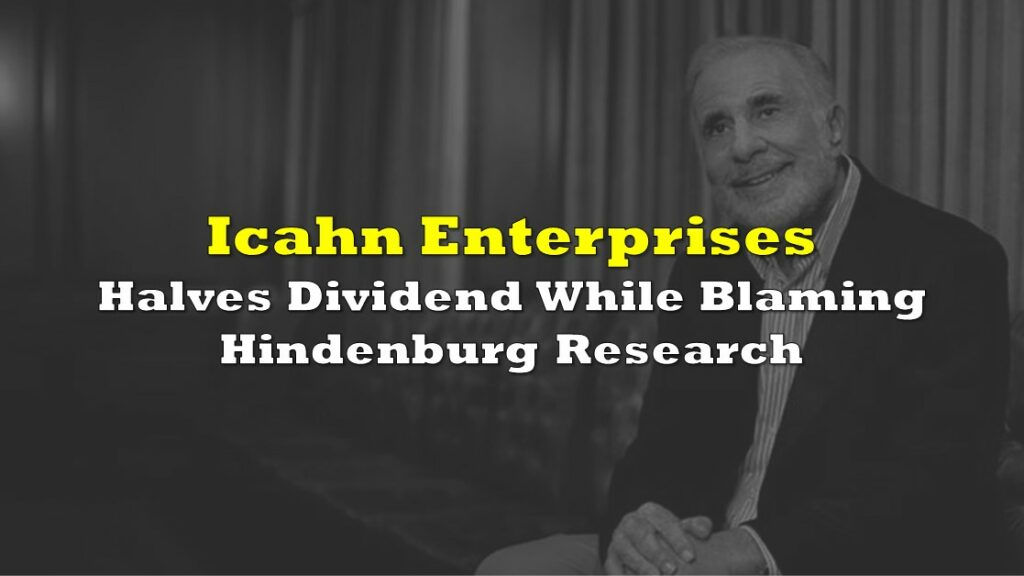The Adani Group crisis in India brought members of the opposition political parties out on the streets Monday as they called for a parliamentary investigation into the allegations of short-seller Hindenburg Research against the conglomerate led by Gautam Adani, who was once the third wealthiest person in the world.
Hundreds in India's main opposition party went to the streets to protest how regulators are dealing with the Adani Group collapse. Indians are shouting slogans and breaking through barricades. Take a look:pic.twitter.com/NAC3D8ZuBF
— Steve Hanke (@steve_hanke) February 7, 2023
Protesters in New Delhi and across India expressed their anger over investments made by state-backed institutions, including the Life Insurance Corporation and the State Bank of India, in the Adani Group. Opposition parties are also questioning Adani’s relationship with Prime Minister Narendra Modi.
Hindenburg Research published a report on January 24 that claimed that the Adani Group had manipulated stocks, used tax havens, and had unsustainable debt. Since then, shares in companies owned by Adani have plummeted, resulting in cumulative market losses of over $110 billion, and further triggering a wave of uncertainty.
READ: Hindenburg vs. Adani Group, Explained
Adani has vehemently denied the allegations made in the Hindenburg report, calling it not just a malicious attack on the conglomerate but “a calculated attack on India, the independence, integrity and quality of Indian institutions, and the growth story and ambition of India.”
The conglomerate attempted to assuage uncertainty by announcing it would pre-pay loans of around $1.1 billion on Monday, to no avail. Shares in Adani Enterprises dropped 0.9% on Monday, while other Adani companies saw substantial drops, with Adani Transmission losing 10%. The crisis has become the largest business and reputational challenge for Adani, who was previously Asia’s richest person.
It also forced the Adani flagship company Adani Enterprises Ltd to cancel a $2.5 billion share sale last week, just a day after claiming that the program was fully subscribed.
READ: Adani Group Cancels $2.5 Billion Share Sale Shortly After Claiming Full Subscription
The government has written to custodian banks asking for details on the beneficial owners of offshore funds and foreign portfolio investors. A credit report, expected to address concerns raised by Hindenburg, is expected to be released this week.
The crisis at the Adani Group highlights the need for increased transparency and accountability in India’s financial sector. As the stock market rout continues, the impact on ordinary investors is becoming increasingly apparent, with protesters in New Delhi shouting slogans against Adani and holding up banners calling for justice for the “common man.”
The deepening crisis is set to become a major political and financial issue in the coming days and weeks.
Meanwhile, a note from the Fitch Group on Tuesday said that the exposure of Indian banks to the conglomerate is “insufficient in itself to present substantial risk to the banks’ standalone credit profiles.”
The rating agency estimated that loans to Adani entities generally account for 0.8%-1.2% of total lending for Indian banks rated by the agency, equivalent to 7%-13% of total equity.
“We currently believe the economic and sovereign implications of the Adani controversy remain limited,” Fitch wrote. “However, there is a tail risk that fallout from the controversy could broaden and influence India’s sovereign rating, with knock-on effects for bank IDRs.”
Moody’s Investors Service shares the same sentiment.
“We estimate that their exposures to Adani are less than 1% of their total loans,” they said in a report on Tuesday. “We estimate that the bulk of the exposures are collateralized, either with operational assets or with projects under execution, rather than to the corporate level.”
Information for this briefing was found via Bloomberg, Reuters, and the sources mentioned. The author has no securities or affiliations related to this organization. Not a recommendation to buy or sell. Always do additional research and consult a professional before purchasing a security. The author holds no licenses.









